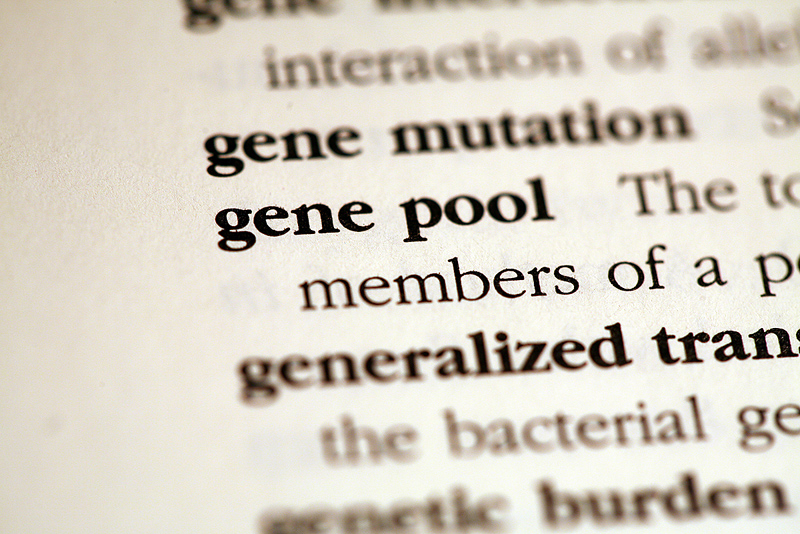THURSDAY, May 19, 2016 (HealthDay News) — Scientists say they’ve identified a so-called “sunscreen” gene that may help protect against skin cancer.
They say the finding potentially could lead to new drugs to prevent the disease.
The investigators pinpointed the ultraviolet-resistant gene after analyzing data from 340 people with melanoma, the deadliest type of skin cancer, and conducting laboratory experiments.
“If we understand how this UV-resistant gene functions and the processes by which cells repair themselves after ultraviolet damage, then we could find targets for drugs to revert a misguided mechanism back to normal conditions,” said study senior author Chengyu Liang.
Liang is an associate professor of molecular microbiology and immunology at the University of Southern California Keck School of Medicine.
Cell damage from exposure to UV radiation causes more than 90 percent of melanoma skin cancers. Melanoma kills more than 10,000 people in the United States each year, according to the American Cancer Society.
“People who have the mutated UV-resistant gene or low levels of the UV-resistant gene may be at higher risk of melanoma or other skin cancers, especially if they go sunbathing or tanning frequently,” Liang said in a university news release.
“Our study suggests that the UV-resistant gene may serve as a biomarker for skin cancer prevention,” Liang added.
The investigators will conduct research with mice to learn more about how the UV-resistant gene functions.
“The UV-resistant gene may serve as a good target for drug development,” said study author Yongfei Yang, a research associate at Keck.
Perhaps one day a drug could stimulate the repair function of the UV-resistant gene to ensure swift and effective repair of UV-damaged skin cells, Yang said. “That would be a good treatment for people who are at high risk of developing skin cancer,” the researcher concluded.
The findings were published May 19 in the journal Molecular Cell.
More information
The American Academy of Family Physicians has more on skin cancer.
Copyright © 2026 HealthDay. All rights reserved.

